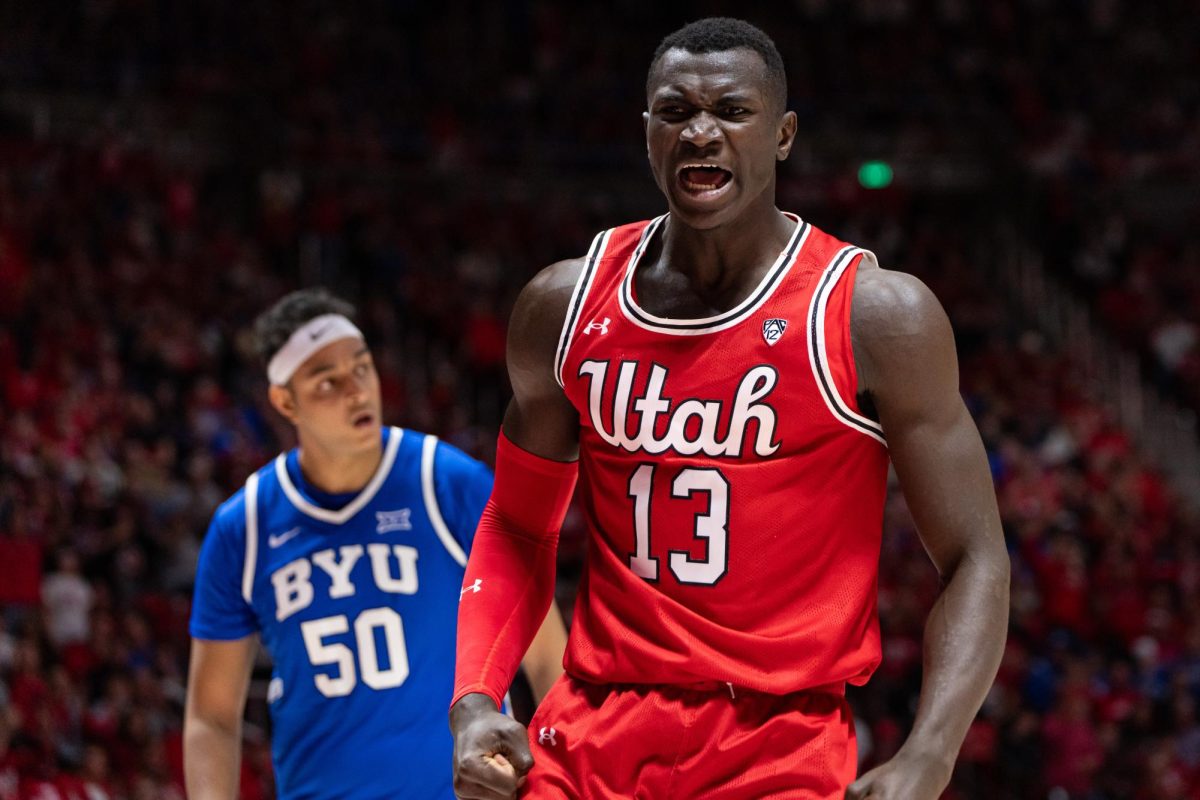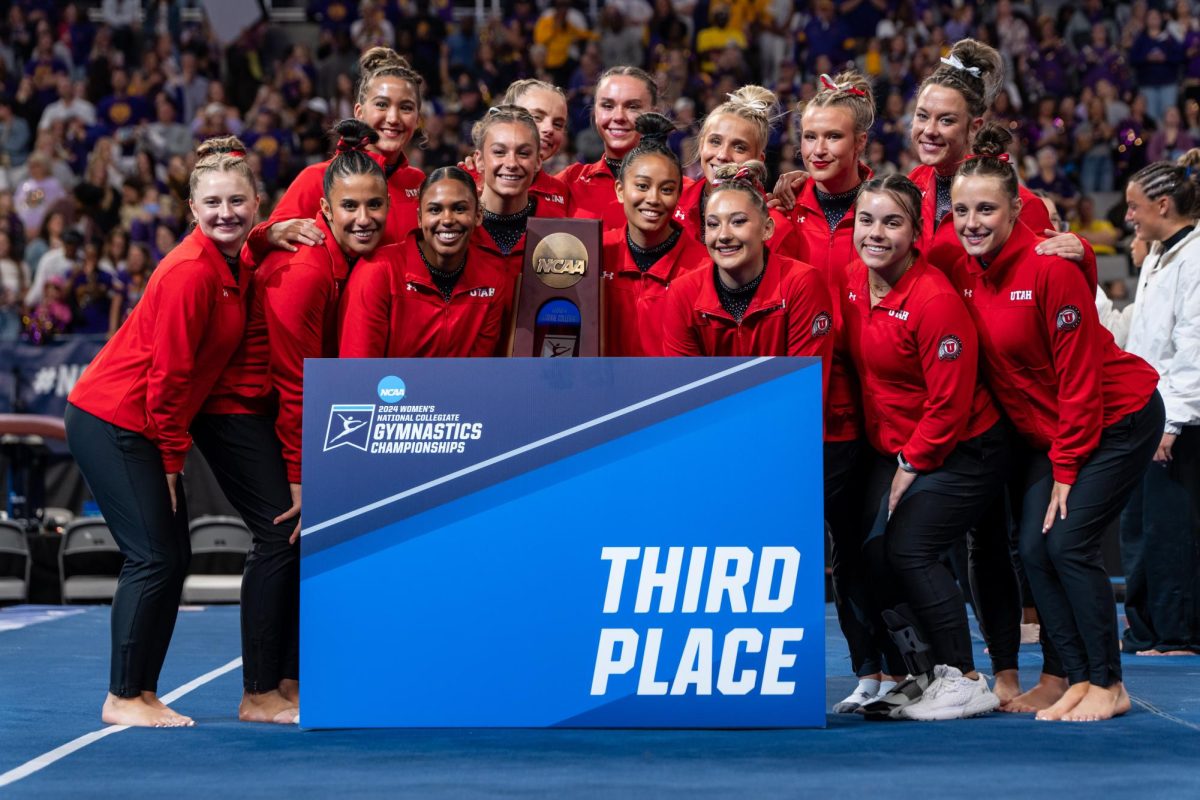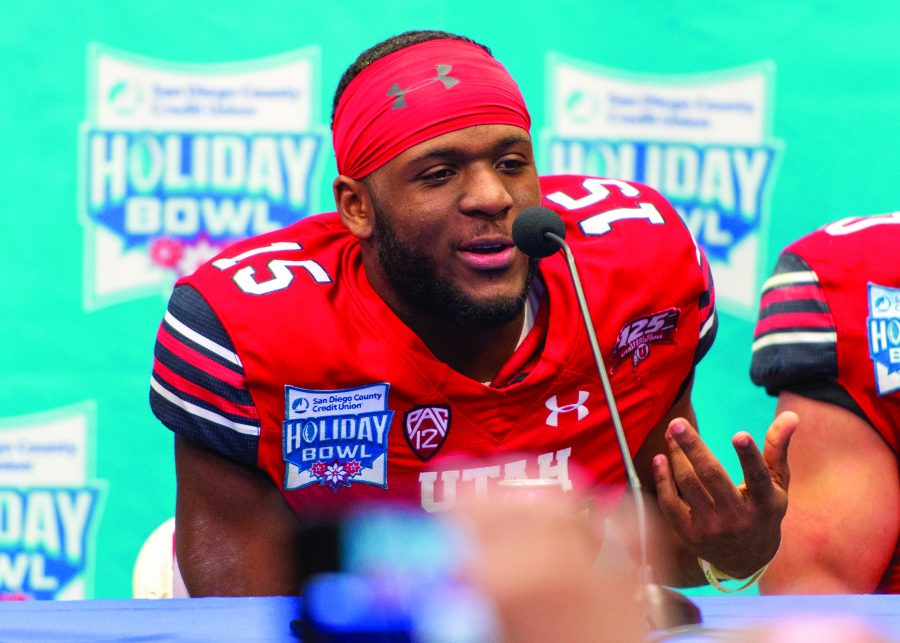As athletes transition more and more towards becoming role models, public figures and business moguls, a similar transition happens to the power of their voice. With so much of sports coverage being centered around interviews, athletes are finding out more and more that they are powerful in ways other than their physical prowesses.
In professional sports, athletes have a plethora of channels through which they can express themselves to their given audiences. With so many social media outlets at the tip of their fingers, all it takes is a few minutes of thought and typing for an athlete to voice their opinion, promote something and even talk some trash. We have begun to realize the power of athletes’ voices and, with this transition, much of sports media has moved from television to the palm of the reader’s hand. Readers are able to get first-hand accounts of the player’s direct thoughts on various matters, and it doesn’t take long for the topic to move off of sports.
Sports media, on the corporate side, is a multi-billion dollar industry. Millions of employees spend thousands of hours figuring out the most effective ways to get information into the public view— businesses spend millions of dollars in broadcast equipment, reporter salaries for over 120 professional sports teams, outreach efforts on social media, live stream agreements and many other frontiers of media distribution. All of that has been subverted by the power that social media gives professional athletes, and in that, the ethical codes established by the organizations have been broken as well.
With the rise of player activism in the past few years, more and more athletes have found themselves at the forefront of media attention because of things said on social media platforms. The origins of player activism can be traced back decades, with instances like Tommie Smith and John Carlos, who made their infamous protest at the gold medal ceremony at the 1968 Summer Olympics. Players have always acted as role models for now-growing populations of people, but the real explosion of player activism began with the protests of former NFL quarterback Colin Kaepernick, who took his infamous kneel during the national anthem with the San Francisco 49ers, during a preseason game in 2016. His protest began a three-year process of development in the realization of the potential for player activism. This process has made getting information directly from the athlete easier and, without the filter of news outlets, editors and producers, supporters can feel a much more intimate connection with the athlete if they are reading something directly from the player’s fingertips.
The rules for college athletes are very different from the professional leagues. Where professional teams are independent corporations and businesses, colleges with sports teams answer to the panopticon that is the National Collegiate Athletics Administration, or NCAA. The NCAA Compliance Regulations— essentially, the “handbook” for student athletes in any divisional sport overseen by the NCAA— doesn’t explicitly state rules regarding the expressional abilities of collegiate athletes, but there are heavily structured and monitored infraction programs, mostly in place to regulate conduct for the over 1,000 universities around the country, which is where the noticeable silence of college athletes can make more sense.
Because the rules established by the NCAA have to be so blanket-like in order to apply to everyone’s differentiating circumstances, some of these regulations can hinder the expressive abilities of the athletes that play for their universities. The business model is fairly understandable, with about 345 of the 1,066 universities touting at least ten Division One-level sports, it’s much easier to simply deny the expressive rights than it is to figure out specific rules for each different case. Universities would rather err on the side of caution as well, as one tweet, Instagram post or published video could ruin an entire university. “Lack of Institutional Control” is a death sentence to any NCAA-backed university sports program. The penalty for such a serious infraction can be as severe as shutting down a school’s athletics department, which is a dagger to a college’s funding and identity. The University of Utah made just under $17 million in ticket sales in 2016 alone, and about $79 million in total operating revenue. To suddenly put a complete stop to that revenue can ruin a university’s program funding, let alone destroy their identity as a reputable university.
Many universities, because of this fear, choose to place some restrictions on player’s expressive ability, which, while solving the problem of identity, can raise questions as to how a university views their athletes.










